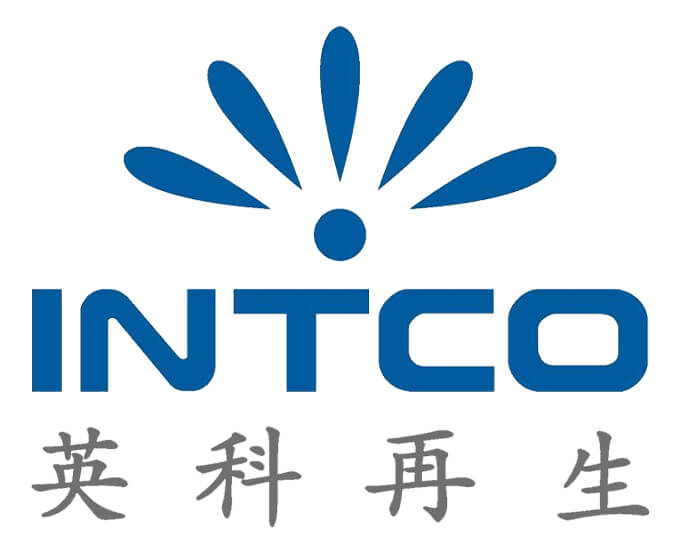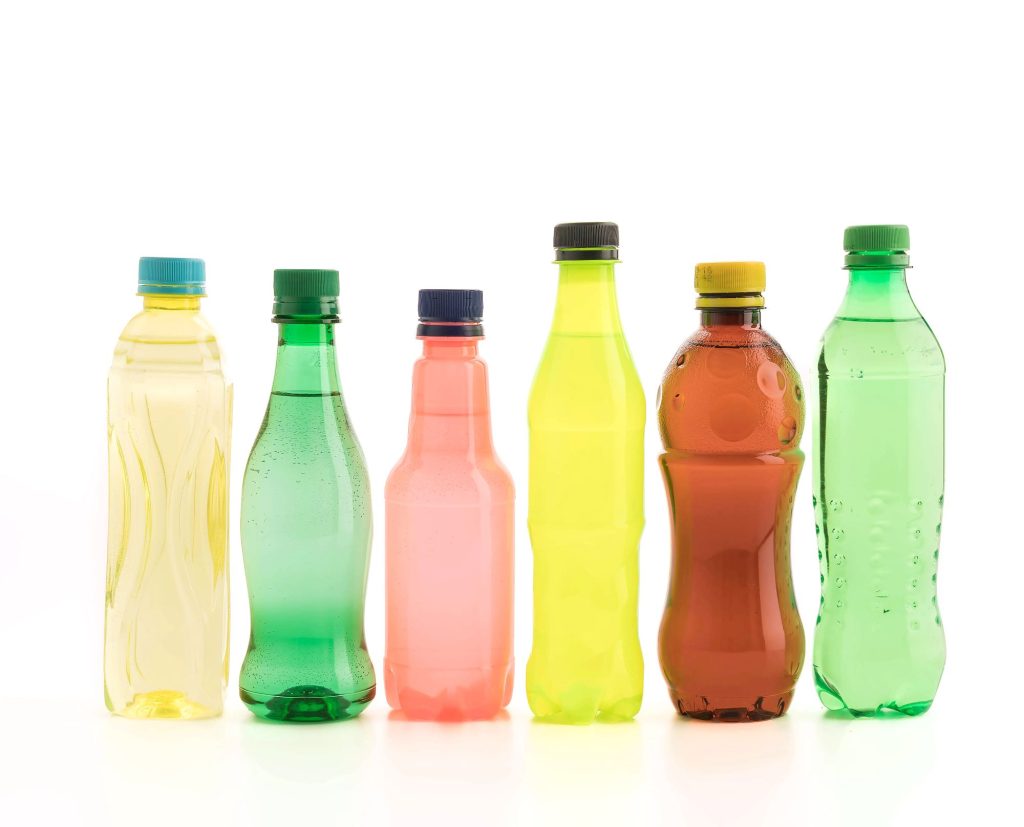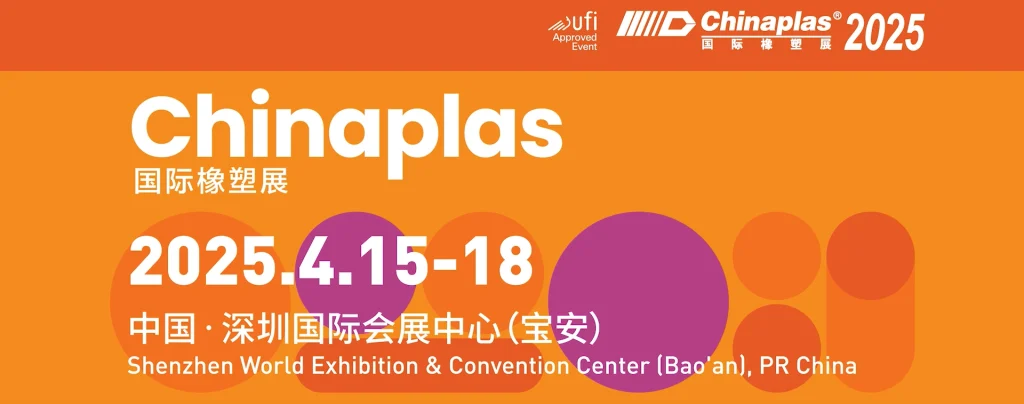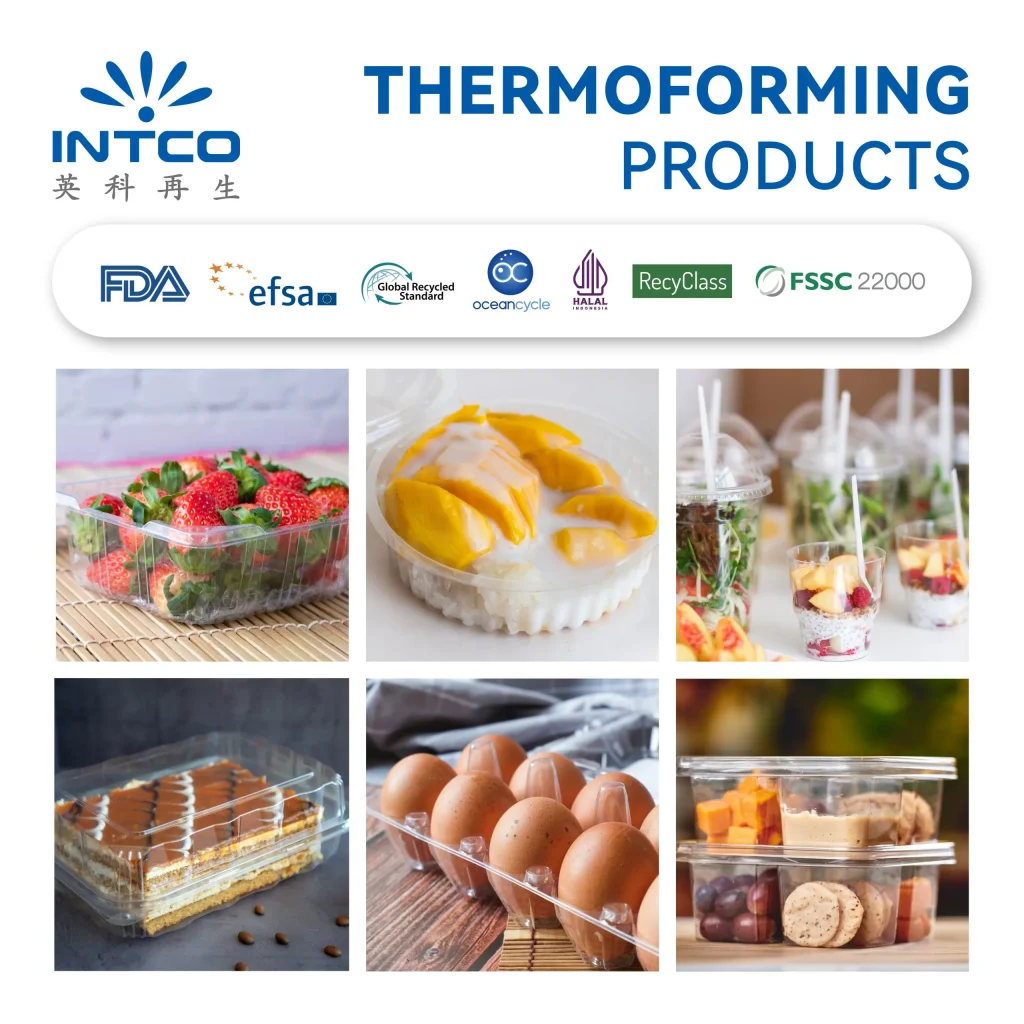In a world increasingly focused on sustainability, recycled polypropylene (rPP) stands out as a game-changer. Durable, versatile, and eco-friendly, rPP is reshaping industries from packaging to automotive. But is it truly safe, especially concerning chemicals like BPA? Dive into this comprehensive guide to discover how recycled PP is produced, its unique benefits, and why leading suppliers like Intco Plastics are pioneering BPA-free solutions for a greener future.
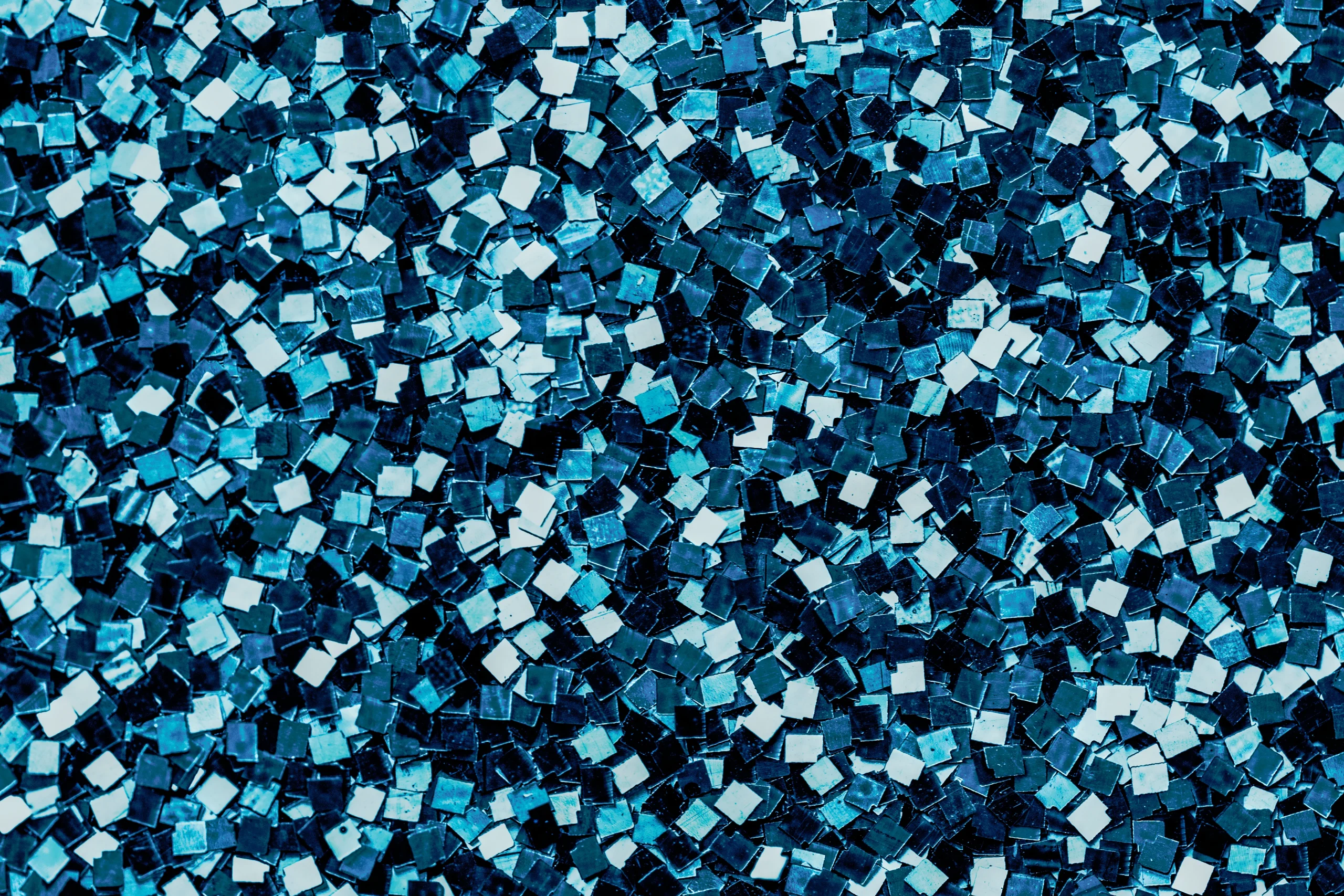
What is BPA?
In the world of industry and manufacturing of plastics and resins lies Bisphenol A—familiarly referred to as BPA—a chemical, with a history dating back to the 1960s present in items such as water bottles and food containers among other consumer products.
Health Risks of BPA
Extensive research has delved into the health implications linked to BPA (bisphenol A). Findings indicate that BPA can imitate estrogen—a hormone, in growth and development—which could result in a range of health challenges including reproductive complications and cardiac issues in addition to developmental concerns for children well well-being. In response to these worries about the risks posed by BPA exposure in products consumers use daily; many manufacturers have shifted towards creating free alternatives as a safety measure.
What is recycled PP?
Polypropylene (PP) is a type of plastic that is widely used in packaging materials as in making components for cars and textiles among other industries. Recycled Polypropylene refers to PP materials that have gone through a recycling process to be reused once their original purpose is served. This recycling practice aims to lessen waste and preserve resources by repurposing discarded PP items for use.
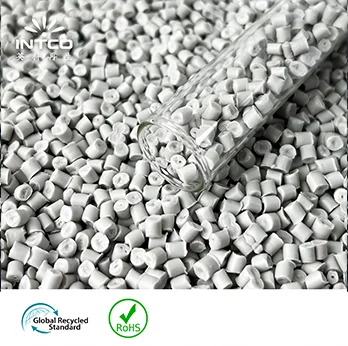
The Different Types of Recycled PP and Their Common Uses
There are types of recycled polypropylene depending on how it was used before and how it was processed.
- Post-consumer recycled PP: Derived from household or commercial products that have served their purpose.
- Post-industrial recycled PP: Sourced from industrial waste during manufacturing processes.
Common uses for recycled PP include:
- Packaging materials such as bottles and containers.
- Automotive components like bumpers and dashboards.
- Textile fibers for carpets and upholstery.
- Construction materials for pipes and fittings.
Does Recycled PP Contain BPA?
The issue with BPA in recycled polypropylene mainly arises from the possibility of contamination during the recycling process itself. However, it’s crucial to understand that polypropylene does not naturally include BPA in its composition. The concern emerges when recycled PP is combined with varieties during the recycling process that might have BPA or when it was previously utilized in items containing BPA.
Recycling plants take steps to lower the risk by sorting materials to make sure only similar items are processed together. This helps prevent mixing plastics with chemicals such as BPA and minimizes contamination issues.
Advantages of Using Recycled Polypropylene
Opting for polypropylene brings about advantages from both an environmental and financial perspective.
Safe for Food Use
Reprocessed polypropylene (PP) is generally deemed safe for use in food-related scenarios because of its likelihood of chemical seepage issues. When adequately handled and verified through testing procedures it can be utilized with assurance in food packaging without presenting the health hazards linked to types of plastics.
Heat Resistance
Polypropylene that has been recycled maintains heat resistance characteristics making it ideal for use in situations where it needs to withstand temperatures without deteriorating or emitting harmful substances.
Durability
Recycled polypropylene durability makes it a great option for creating lasting goods as its ability to withstand wear and tear guarantees that products crafted from this material retain their quality over time.
Chemical Resistance
Polypropylene that has been recycled shows durability against chemicals such as acids and bases. This quality makes it beneficial in settings where there may be contact with substances.
Recyclable
One of the benefits of utilizing recycled PP is its recyclability factor. Items crafted from polypropylene can undergo recycling processes thereby decreasing environmental harm through waste reduction.
In summary, even though worries about BPA contamination are present following recycling methods lessens these dangers in recycled polypropylene items. Its beneficial characteristics make it a practical choice for eco production in sectors.
Intco Plastics: A Reliable Recycled PP Supplier
When thinking about the safety and trustworthiness of recycled polypropylene materials, it’s important to consider established suppliers such as Intco Plastics who prioritize quality and safety to meet the needs of both industry regulations and consumers.
INTCO’s Commitment to BPA-free in Recycled PP
Intco Plastics has made progress in ensuring that its recycled polypropylene items do not contain BPA (Bisphenol A). They use sorting and processing methods to avoid mixing with materials that have BPA content effectively ensuring the safety of their recycled PP for uses like food contact applications.
INTCO’s Range of Recycled PP Products and Applications
Intco Plastics provides a variety of recycled polypropylene products to meet requirements in the market. Their product range consists of the following options:
rPP Chips
Recycled polypropylene chips serve as materials for making a range of goods in manufacturing processes. These chips originate from consumer or industrial waste to uphold environmentally friendly production practices. They find application in the production of packaging items and components for the industry among uses.
rPP Pellets
Another type of material used in manufacturing premium plastic products is recycled polypropylene (PP) pellets. The pellets are recognized for their size and quality which make them ideal for injection molding and extrusion techniques. They are commonly employed in the production of lasting consumer items such as household goods and textiles used in building materials.
Are There Any Alternatives to Recycled Polypropylene?
If you’re looking for material properties or applications beyond the sustainability and performance features of recycled polypropylene. There are options to explore.
Glass Containers
Glass jars provide an option of using plastic for packaging purposes since they are free from BPA and other harmful substances and can be recycled without any reduction in quality standards; especially suitable for storing food due to the non-reactive nature of the stored items.
Stainless Steel Products
Stainless steel items offer lasting strength and safety without the concern of chemicals seeping through them. They are frequently utilized in kitchen utensils and containers for food storage due to their enduring nature making them a popular choice over alternatives.
Plant-based Bioplastics
Friendly bioplastics derived from plant sources are gaining popularity as eco-conscious substitutes for conventional plastics by utilizing materials such as corn starch or sugarcane to lessen dependence on fossil fuels and minimize ecological harm.
Conclusion: Is Recycled Polypropylene BPA Free?
Ultimately although worries about BPA pollution in reprocessed polypropylene are present prudent recycling methods greatly reduce these concerns. Companies such as Intco Plastics guarantee that their items meet safety regulations offering BPA-free choices. Reprocessed polypropylene continues to be a substance because of its ability to be recycled its strength and its adaptability for a variety of uses.
FAQs
Is Polypropylene Toxic?
Polypropylene is commonly viewed as safe for use as it doesn’t have any substances such as BPA if manufactured properly; this makes it suitable for a range of uses including contact with food items.
How Can I Identify if a Product is Made from Recycled Polypropylene?
Items crafted from reused polypropylene frequently display labels showing their recycled components are utilized in the manufacturing process. Check for recycling icons or certifications on packages that mention the incorporation of recycled materials.
Are there any Concerns Regarding the Safety of Recycled Polypropylene Compared to Virgin Polypropylene?
Both new and recycled polypropylene are generally deemed safe if handled correctly; however, there might be worries about pollutants creeping in during the recycling process. Nonetheless, trusted manufacturers follow sorting and processing procedures to guarantee that products made from polypropylene are as safe as those from virgin materials.
